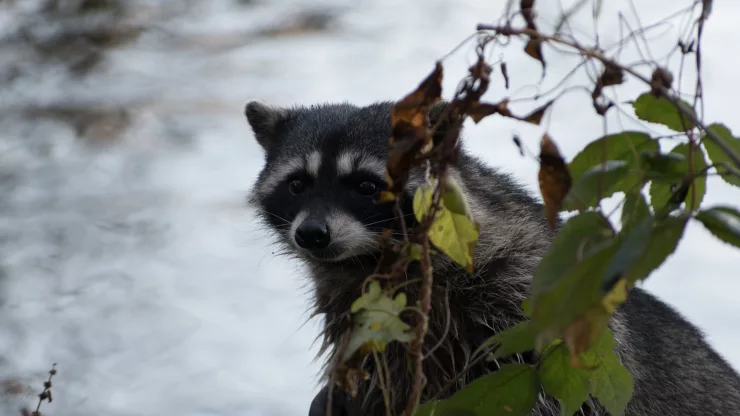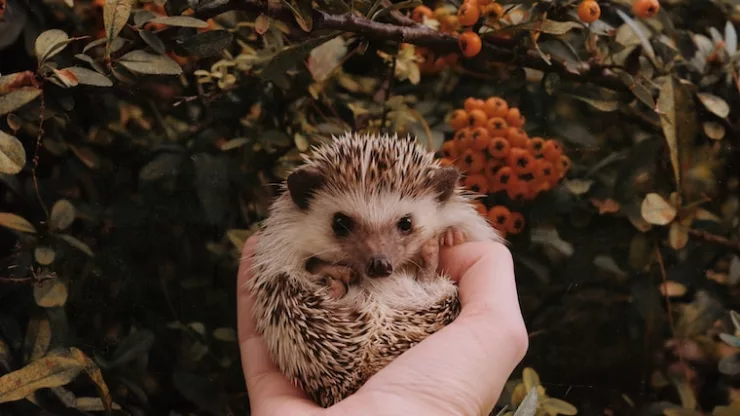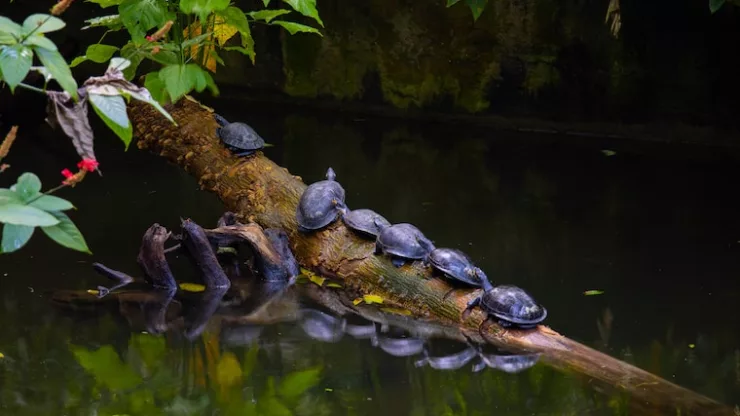City Gulls’ Culinary Adventures: A Peek into Their Diet!
City gulls are a common sight in urban areas around the world.
These scavenging birds have adapted to city life and can be seen rummaging through trash cans and scavenging for food in public spaces.
However, have you ever wondered what city gulls eat and how their diet impacts the environment?
In this article, we’ll take a closer look at the culinary adventures of city gulls.
Jump to Section
Introduction: City Gulls’ Culinary Adventures
Who are the City Gulls?
City gulls, also known as urban gulls, are a type of seagull that have adapted to living in urban environments.
They are typically larger and more aggressive than their coastal counterparts and have become a common sight in cities around the world.
The Diet of City Gulls
Types of Food Consumed by City Gulls
City gulls are opportunistic feeders and will eat almost anything they can find. Their diet typically consists of:
- Human food waste: City gulls are known for scavenging through trash cans and dumpsters for food. They will eat almost anything, including leftover fast food, discarded sandwiches, and even scraps of meat.
- Fish and other aquatic creatures: City gulls are seagulls at heart, and they still have a natural affinity for fish and other marine life. They can often be seen scavenging along riverbanks and shorelines for food.
- Insects and small animals: City gulls will also eat insects, small rodents, and other animals if they are available.
How City Gulls Adapt to Urban Environments
City gulls have adapted to urban environments in several ways. For example, they have learned to follow garbage trucks and visit popular tourist areas to scavenge for food.
They have also become more aggressive and will steal food from people if they get the chance.
What City Gulls Eat in Different Seasons
City gulls’ diet can vary depending on the season. In the summer months, they will often feed on insects and small animals.
During the fall and winter, they will switch to a diet of fish and other aquatic creatures.
In the spring, they will return to their scavenging ways as people begin to spend more time outside.
The Impact of City Gulls’ Diet on the Environment
City Gulls’ Role in Urban Ecosystems
City gulls play an important role in urban ecosystems.
They help to control insect populations and can even help to clean up human food waste that might otherwise attract rodents and other pests.
How City Gulls Affect the Local Food Chain
City gulls can have an impact on the local food chain. For example, they may compete with other animals for food sources.
They can also prey on small animals and insects, which can impact the population of these creatures in the area.
The Impact of Human Food Waste on City Gulls’ Diet
Human food waste can have a significant impact on city gulls’ diet. When people throw away food, it attracts gulls and other scavengers to the area.
This can lead to increased competition for food sources and can also increase the risk of disease transmission.
Understanding City Gulls’ Culinary Adventures
City gulls are fascinating creatures that have adapted to living in urban environments. Their diet is diverse and varied, and they play an important role in urban ecosystems.
By understanding their culinary adventures, we can better appreciate these unique birds and the role they play in our cities.
FAQ
What should I do if a city gull steals my food?
If a city gull steals your food, it’s best to let them have it.
Trying to fight with a gull can be dangerous and can lead to injuries.
Are city gulls dangerous?
City gulls are not typically dangerous to humans unless they feel threatened.
However, they can be aggressive if they are trying to protect their young or if they feel like their food supply is threatened.
Can city gulls spread disease?
City gulls can carry and spread disease, especially if they are feeding on human food waste.
It’s important to avoid contact with gulls and to wash your hands thoroughly after coming into contact with them.
I’m a nature enthusiast and creator of Metro Wilds and have spent years exploring the great outdoors.
With a passion for environmental conservation and sustainability, I have dedicated my career to writing about the beauty and wonders of nature, as well as the threats facing our planet.
Contact me at [email protected] for assistance.





